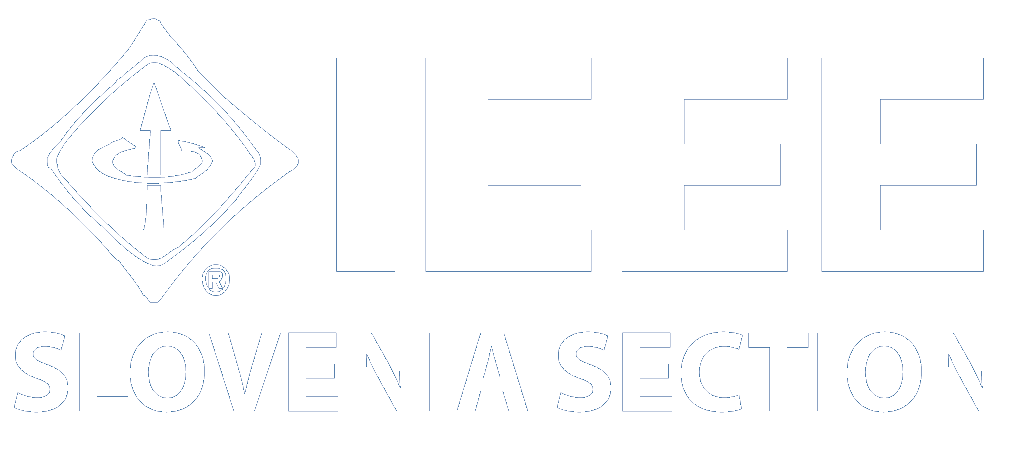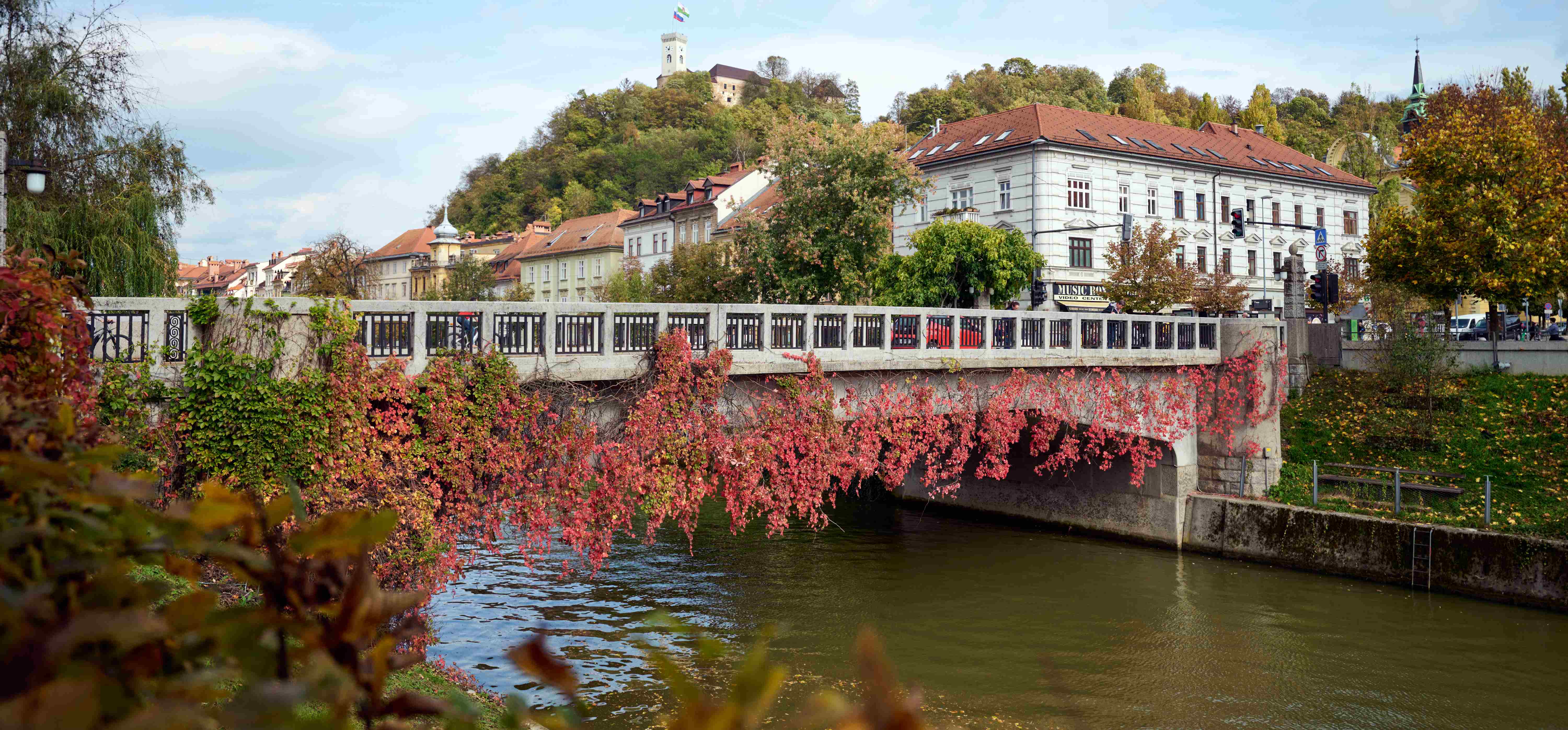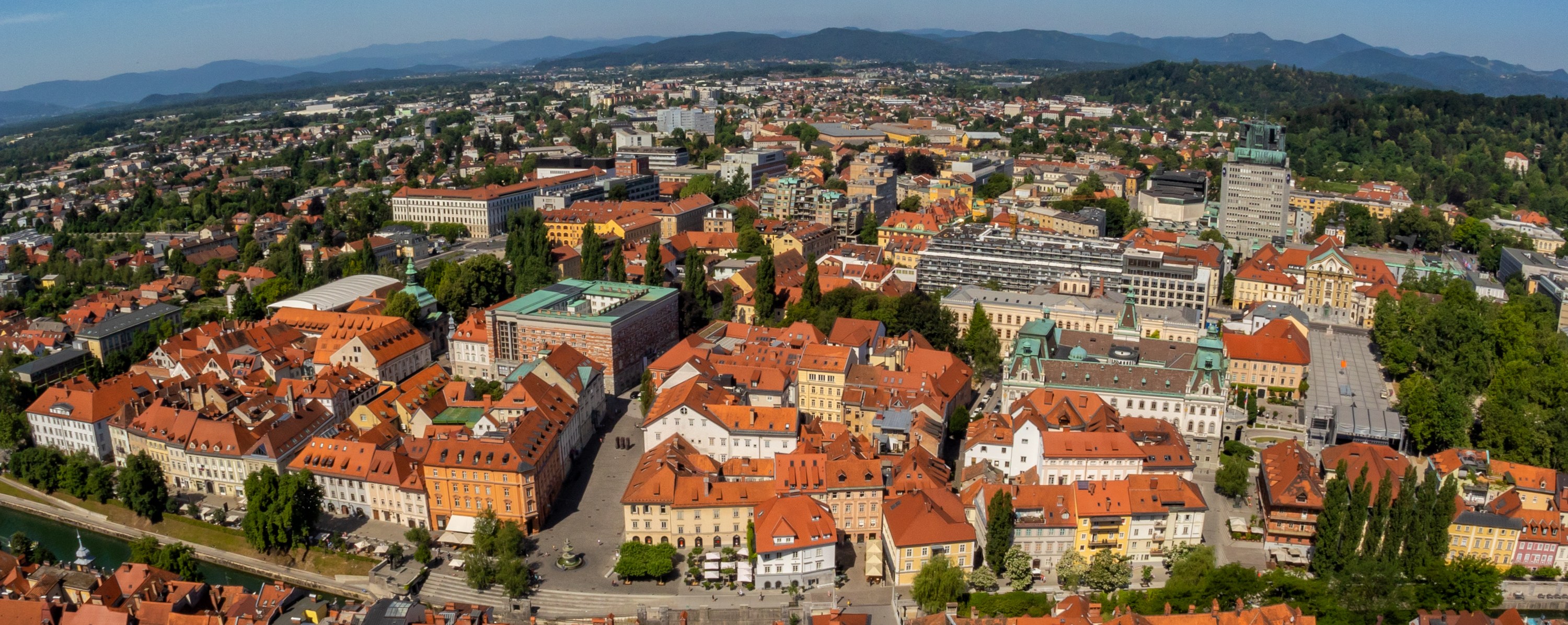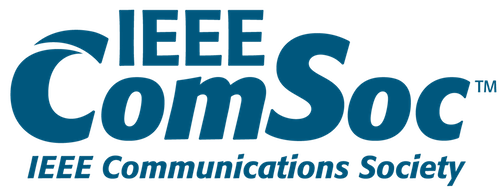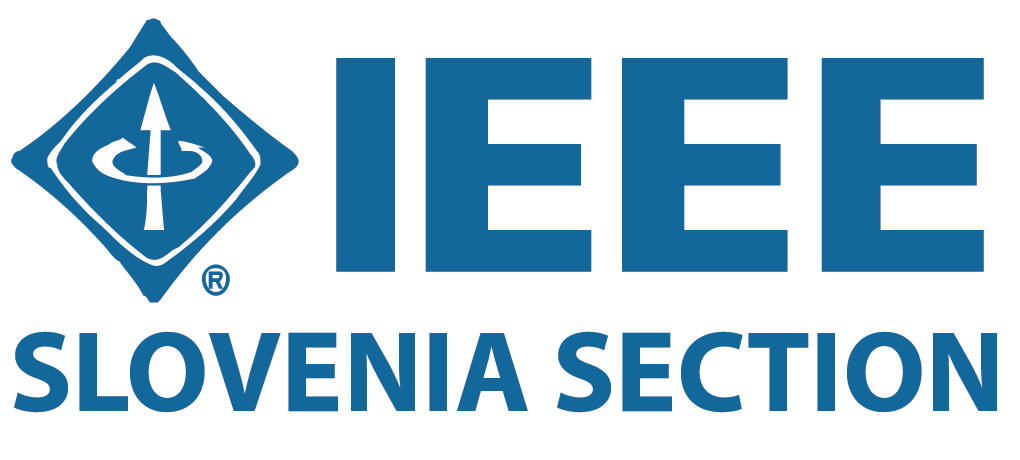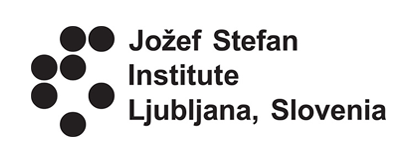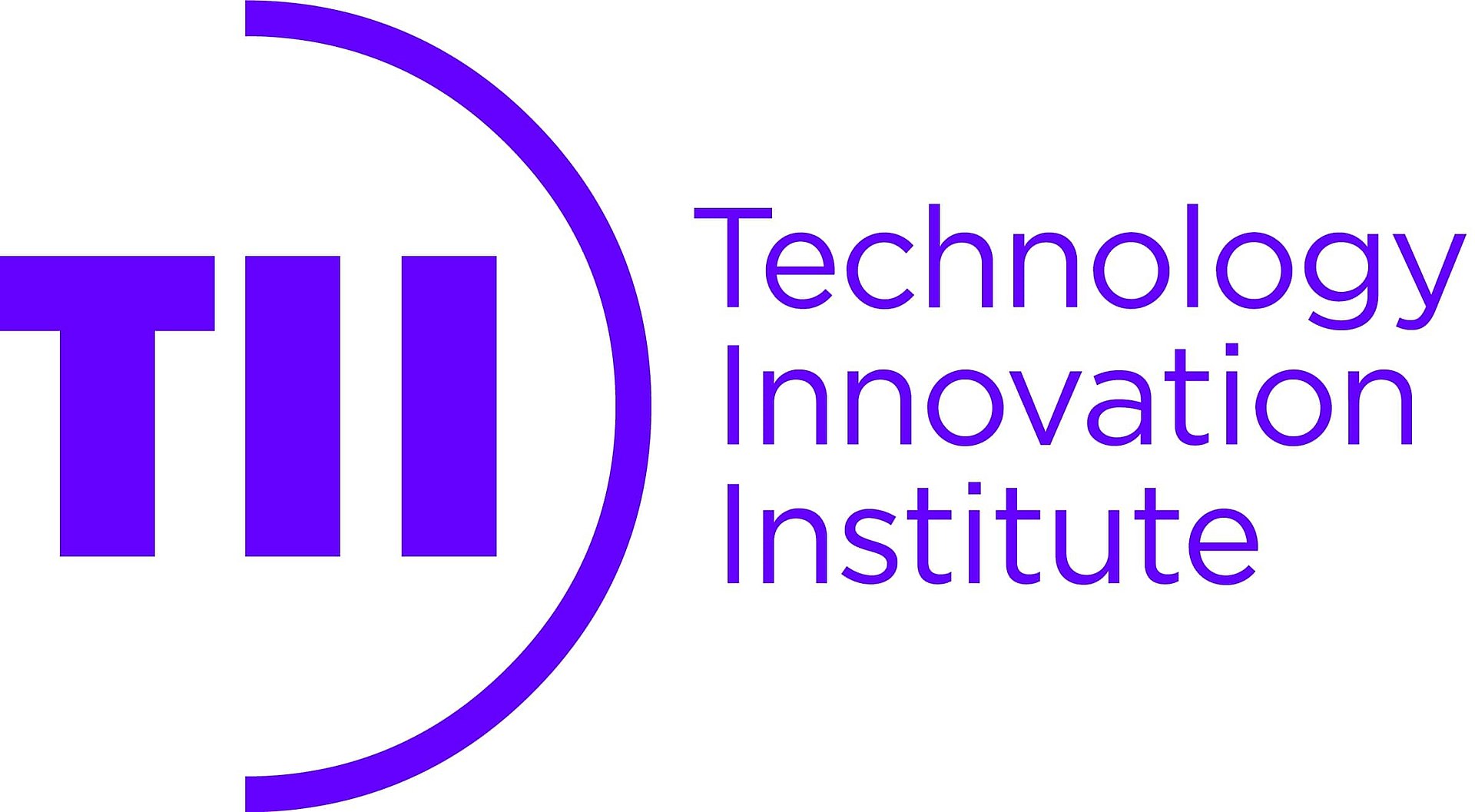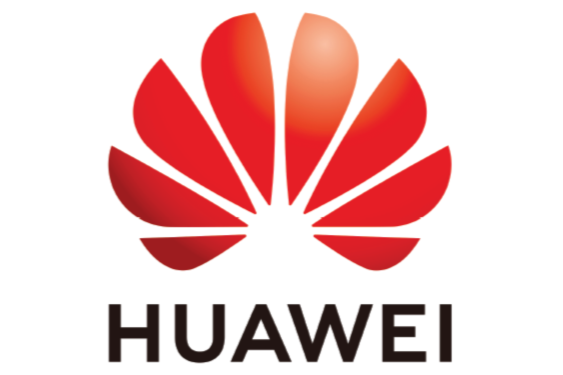Tutorial
Tutorial will be free within conference registration.
Machine Learning Approaches for Fiber-Optic Communication Systems and Phase Noise Metrology
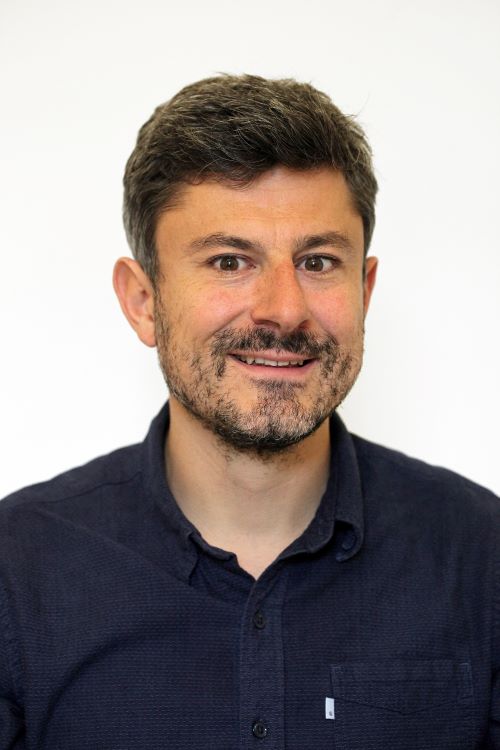
Abstract
In the first part of the tutorial, we will review challenges with designing the next generation of fiber-optic communication systems. While optimum modulation and demodulation schemes are known for linear additive white Gaussian noise channel (e.g. wireless channel), optical fibre is a nonlinear transmission medium, making it challenging to devise optimum communication strategies. As analytical solutions do not exist and the environment is highly complex, machine learning is an attractive tool to find optimum communication strategies.
In the second part of the tutorial, we will review how widely used techniques from wireless communication, such as channel estimation and blind source separation, can be used to perform phase noise characterization of optical frequency combs. Optical frequency comb is an optical source that produces evenly spaced frequency lines. It is considered as a frequency ruler and has diverse applications in: frequency referencing, grid synchronization, optical communication, calibration for spectrographs.
Speaker Biography
Darko Zibar is Professor at the Department of Electrical and Photonics Engineering, Technical University of Denmark and the group leader of Machine Learning in Photonics Systems (M-LiPS) group. He received M.Sc. degree in telecommunication and the Ph.D. degree in optical communications from the Technical University of Denmark, in 2004 and 2007, respectively. He has been Visiting Professor at Politecnico di Torino (2018), Friedreich Alexander University of Erlangen (2016 - ), University of California Santa Barbara (2019) and University of Colorado, Boulder (2023).
His research efforts are currently focused on the application of digital signal processing and machine learning techniques to advance classical and quantum optical communication and measurement systems.
Some of his major scientific contributions include: record capacity hybrid optical-wireless link (2011), record sensitive optical phase noise measurement technique that approaches the quantum limit (2021) and record-bandwidth (S+C+L band) programable gain Raman amplifier (2019). He is the recipient of Best Student paper award at Microwave Photonics Conference (2006), Villum Young Investigator Program (2012), Young Researcher Award by University of Erlangen-Nurnberg (2016), European Research Council (ERC) Consolidator Grant (2017) , Alexander von Humboldt Foundation Bessel Research Award, (2021), and Villum Investigator Award (2023). Finally, he was a part of the team that won the HORIZON 2020 prize for breaking the optical transmission barriers (2016).
